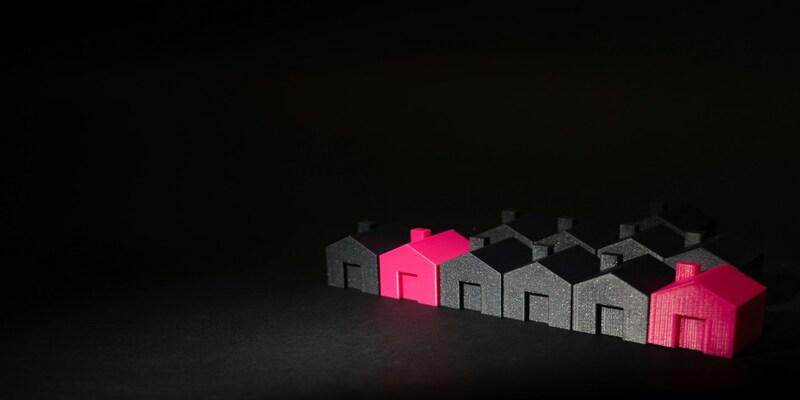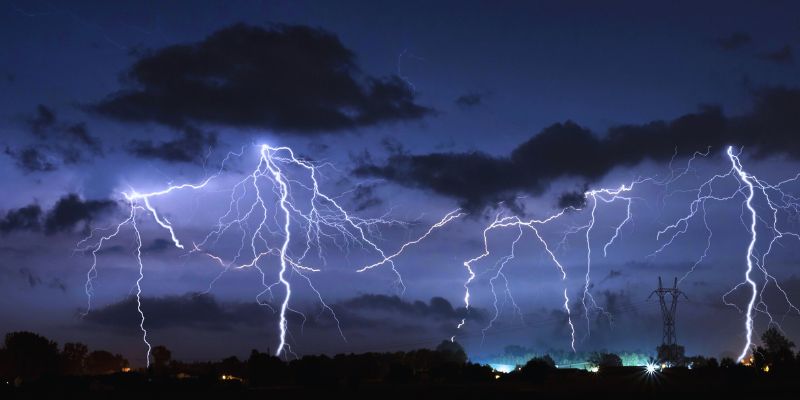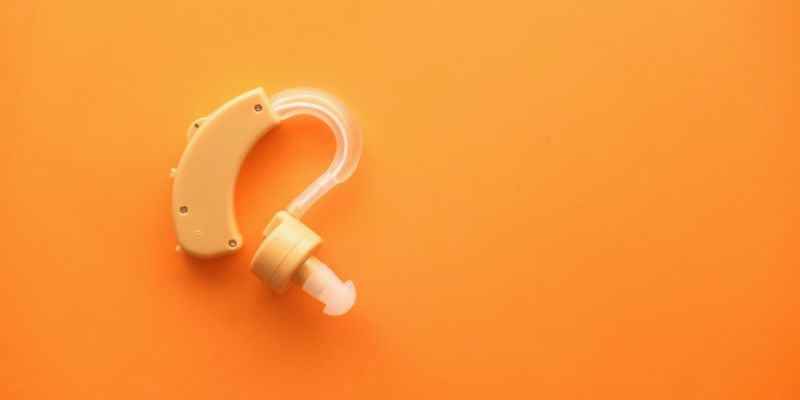Choosing between open and closed mortgages affects your property payment methods. Open mortgages are flexible, while closed mortgages have stricter Installment limits but lower funding costs. Moreover, a mortgage requires a fixed payment over one, three, five, or 10 years. Your choice of an open or closed mortgage decides whether you can make extra payments to pay it off faster. We'll help you pick out the right mortgage option!
What Is an Open Mortgage?

Open mortgages are significantly more adaptable than closed ones. Besides the fact that you decide to expand your regular installments, you can make extra installments at whatever point you need without facing a penalty. You can reduce your amortization period this way and it can also decrease the time it takes for you to take care of your home loan and set aside some genuine cash.
However, this opportunity includes some significant disadvantages: the financing costs on mortgages that are open might be essentially higher than those on closed ones. Spending additionally interest for an open mortgage may not appear to be convenient; however, there are a couple of circumstances where it may be very helpful.
If you're expecting a monetary bonus or figure you might have to sell your home before the finish of the term, an open mortgage could save you from a prepayment punishment. You might have to pay an organization charge to get out of your mortgage, so make sure to get to know its agreements before you sign.
Pros & Cons of an Open Mortgage
Considering that you prefer adaptability and have the capacity to take care of your home mortgage ahead of schedule without punishments, an open mortgage might be the right fit.
Pros
- No punishments for early reimbursement or full results.
- Adaptability to renegotiate or switch banks.
- Ideal for transient monetary plans.
Cons
- Higher loan costs contrasted with closed mortgages.
- Less fixed-rate choices lead to rate changes.
- Frequently restricted to transient terms (a half year to 1 year).
Regardless of which type you settle on, get some margin to survey the agreements completely.
What Is a Closed Mortgage?

Once signed, a closed mortgage contract cannot be modified or broken without penalty. In this type, you decide how lengthy your home loan term will be. It can range from a half year to ten years, depending on the options offered by your loan specialist.
Whether or not your home credit is closed, your particular terms will incorporate some prepayment choices. For instance, you could prepay up to 20% of the principal amount of your home credit once a year. But, if you wish to move or sell your property before the end of the term, you'll, without a doubt, need to disregard the particulars of your home credit plan. At this stage, you will have to deal with costs and prepayment penalties.
Pros and Cons of a Close Mortgage
While evaluating contract decisions, considering both the advantages and drawbacks of closed mortgages is essential:
Pros
- Lower loan fees mean low regular scheduled installments.
- Accessible in longer terms, offering consistency.
- Choice for both fixed and variable rates.
Cons
- Punishments for early reimbursement or renegotiating.
- Restricted prepayment choices.
- Less adaptability, assuming financial conditions change.
Closed mortgages can offer basic benefits for property holders inclined toward consistency and lower routinely booked installments. Picking the right mortgage depends upon your financial conditions and long-term goals, ensuring that you make the best decision for your future.
Who Should Consider What Option?
Understand both options before choosing any one of them. Check if a higher interest rate mortgage will save you money over time. This decision should be made with a mortgage broker who can explain your options, savings, and financial plan. Your options and financial goals for the following six to 12 months influence whether you should get an open or closed mortgage.
People who should consider an open mortgage:
- In the event that you are contemplating selling your house for half a year to one year,
- If you expect earning money to pay down or increase your home payments.
- If you think open mortgages give more short-term flexibility than closed mortgages at cheaper interest rates.
- If you expect interest rates to fall and want to lock in a lower rate for longer.
People who should consider a closed mortgage:
- This is for those who do not plan to sell their house before the end of their mortgage term or do not want to make lump sum payments over their prepayment privilege amount.
- If you don't require home refinancing.
- If you prefer a closed mortgage's cheaper interest rate to an open mortgage's flexibility.
Even with a higher interest rate, an open mortgage may be worth considering if you want to pay off your property soon. If you don't expect changes, a closed mortgage with a reduced interest rate may be appropriate. It comes down to whether you value flexibility or cheap interest rates.
While choosing an open vs closed mortgage, consider your monetary objectives, income, and how lengthy you intend to remain in your ongoing credit. By taking into account these choices, you can pick a mortgage type that meets your requirements and feel confident about your choice, realizing you've chosen a home loan that matches your monetary plans and way of life.
Alternative to Open vs Closed Mortgage
Can't pick between an open vs. closed mortgage? You can also consider a convertible mortgage, a six-month fixed-rate home loan option. After that period, you can pay off, switch lenders, or extend your mortgage. However, regular mortgages have lower rates than convertible mortgages.
If you're unsure how long you'll stay in your house or think better mortgage terms will come, they're a fantastic alternative. Basically, you invest in lower interest rates. Most banks allow variable-rate mortgages to be converted to fixed rates before the term ends.










